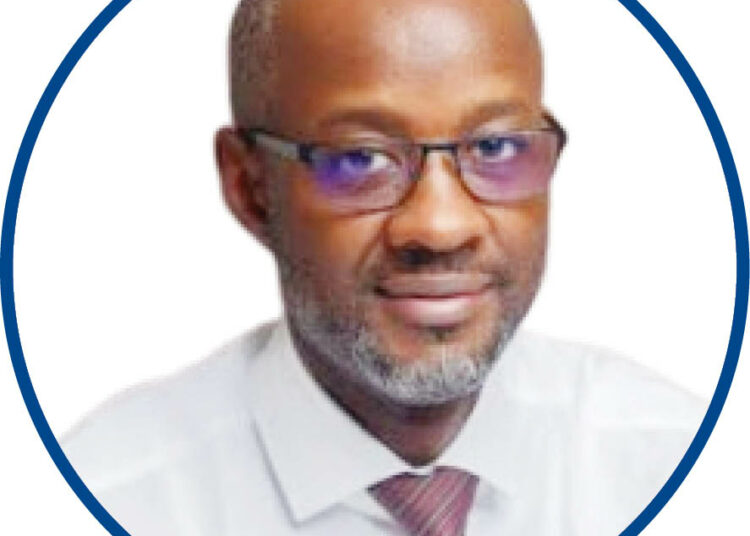The recent essay by Ebenezer Obadare, “Nigeria’s Never-ending Security Nightmare,” published by the Council on Foreign Relations (CFR), offers a timely and sobering account of the escalating violence in Nigeria. Drawing on recent attacks in Benue, Plateau, Kebbi, Borno, and Katsina States, Obadare paints a grim picture of a country caught in a seemingly endless security crisis. His criticism of the Nigerian government’s reactive posture and the persistent failure of state institutions is warranted and important. However, for all its strengths, the article ultimately undermines itself by falling into a contradictory and reductive narrative—one that risks reinforcing harmful misconceptions with serious implications for both domestic cohesion and international policy.
To Obadare’s credit, the piece initially acknowledges the multifaceted nature of insecurity in Nigeria: a convergence of weak state capacity, climate-induced resource conflict, intercommunal violence, organized crime, and political manipulation. This framing is essential and reflects the layered realities that communities across Nigeria experience differently.
Yet, toward the conclusion, the analysis abruptly narrows, asserting that these attacks possess an “indisputable religious undertone,” with particular emphasis on Boko Haram’s Islamist agenda. This pivot is more than a rhetorical flourish—it represents a fundamental contradiction. After conceding that Nigeria’s insecurity is multidimensional, the article defaults to an overly simplistic explanation rooted in religious extremism. This is not only analytically inconsistent—it is dangerously misleading.
Even the reference to Boko Haram deserves greater clarity. The name now serves as a generic label for disparate jihadist factions affiliated with Al Qaeda and the Islamic State. While these groups indeed propagate a radical religious ideology, their actions and objectives are also political and economic—from seizing territory and controlling trade routes to taxing communities and undermining state legitimacy. Treating them as solely religious actors ignores the complex strategic motivations behind their campaigns.
More broadly, violent conflict in Nigeria varies significantly by region and actor. In the North Central, clashes often stem from long-standing land and identity disputes and the existence of a multitude of armed ethnic or community linked militia as well as cult groups. In the Northwest, banditry is driven largely by criminal enterprise, not ideology. In the Southeast, separatist movements emerge from political marginalization and ethnic grievances. Overemphasizing religion risks blurring these distinctions, collapsing different drivers of violence into a single, misleading narrative.
This is where the role of platforms like the Council on Foreign Relations becomes critical. As one of the most influential policy think tanks globally, CFR bears a responsibility not just to inform, but to inform responsibly. When its contributors collapse nuanced realities into binary or monocausal frameworks—particularly on matters as volatile as religion and conflict in a diverse society like Nigeria—the unintended consequences can be severe. Mischaracterizations can fuel wrong policy choices, diplomatic missteps, and even intensify local grievances, especially when international observers echo these views without deeper contextual understanding.
At a time when Nigeria needs support for comprehensive, evidence-based solutions—spanning security reform, governance, economic inclusion, and local peacebuilding—reductionist narratives are a step in the wrong direction. What the country demands is not a singular jihadism lens, but a panoramic view that reflects its complex social fabric and evolving conflict dynamics.
Insecurity in Nigeria is about more than religion. It is about governance failure, state legitimacy, economic desperation, historical grievance, and fractured federalism. To reduce it to a religious conflict is to misread the landscape—and in doing so, risk making it worse.
This article is a response to Ebenezer Obadare’s piece published on June 23, 2025, by the Council on Foreign Relations.
–The author is CEO of Beacon Security & Intelligence Limited, an Abuja based security and intelligence consultancy.





